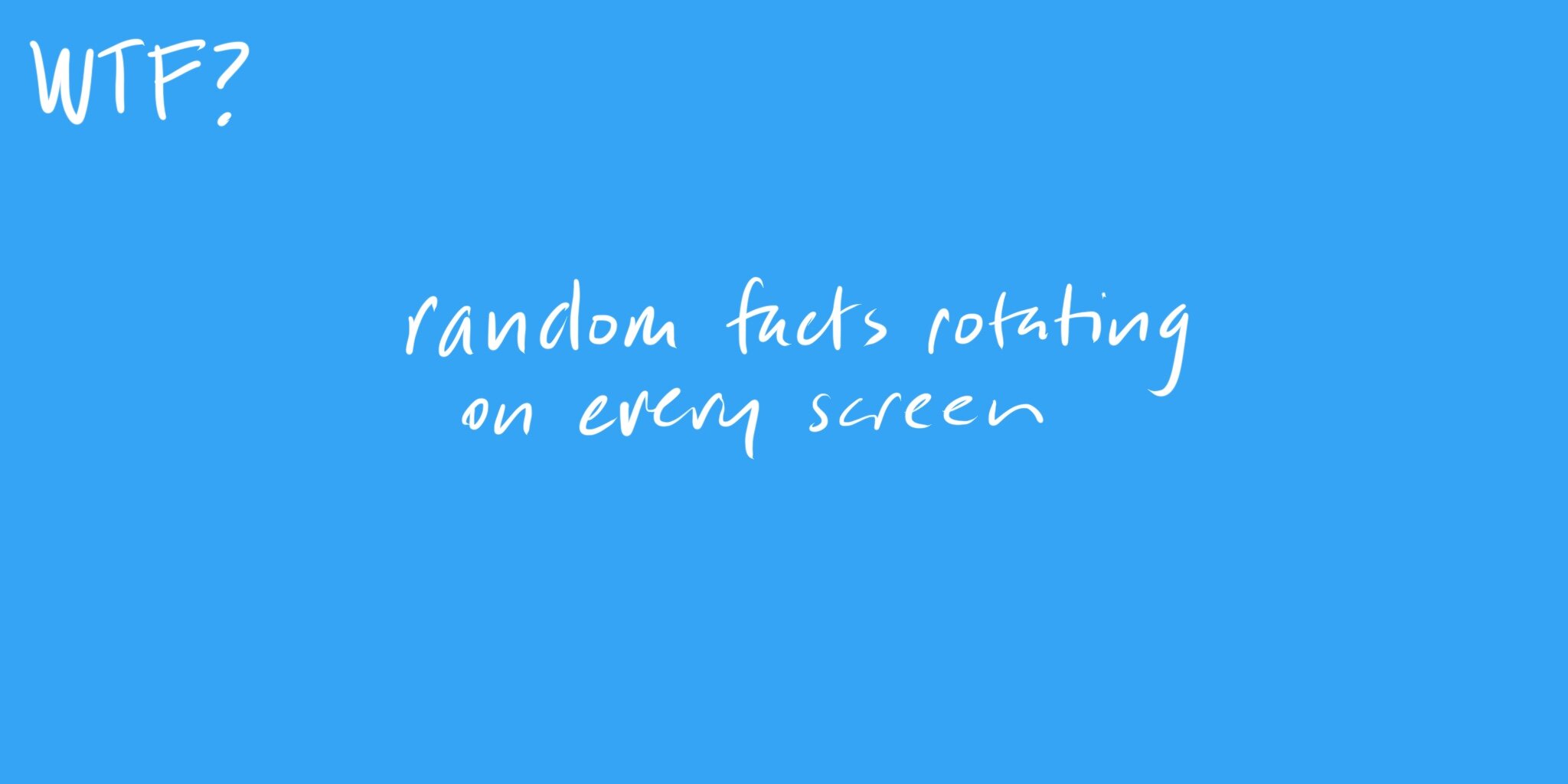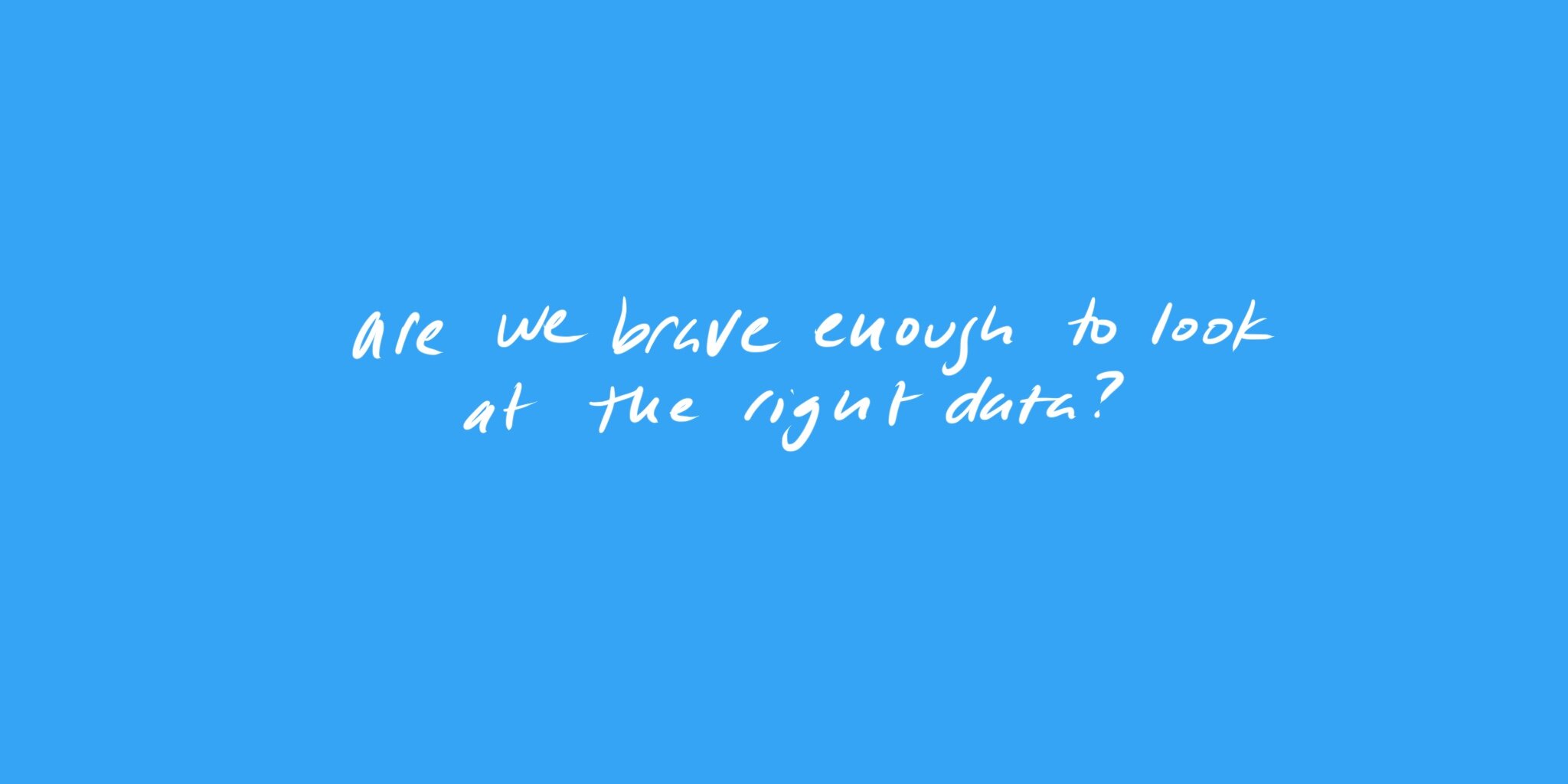Can a City Heal Itself?
I’ve been testing the idea of “the healing city”, or a “city that heals itself” with some colleagues over years. For some this idea resonates immediately, and with others this idea feels absurd. I feel like trying it on for size again, since all humans and all cities and communities are experiencing trauma and discomfort right now.
[Note to reader: the text below involves young people contemplating and dying by suicide.]
A couple years ago, on a snowy Thursday night, a group of colleagues and I were in a bar celebrating the winter season. As you can imagine, a lot of chit chat, some things to nibble on, drinks in our hands, and pockets of people in conversation.
One of the conversations was about a colleague, whose 13-year-old died by suicide two days earlier. The news was just spreading and, of course, we were shocked and horrified, sorting out our own reactions to this news and how to make sure our colleague and her family were getting the support they needed.
And the talk of suicides did not stop there. The gal coordinating our efforts to support the colleague whose daughter died was grappling with her own child threatening suicide that very afternoon. A friend had cancelled our supper date that day because she had to be at home on suicide watch for her teenager.
And then I found myself reacting to the televisions in the bar that night. Screens upon screens of messages with a big “WTF?” in the corner (“What the F%@&?”), and random and bizarre facts rotating on the screen compelling the reader to say, “WTF?”
My reaction to the mesmerizing information on the blue screens: WTF? I could not reconcile the fluffy information on the screens in the face of the suicidal struggles in my city. I did not like the idea that three young people were contemplating their deaths by suicide and acting on those thoughts. One of those young people was among a wave of classmates exploring suicide. WTF?
Qualities of healing
The stories and the screens compelled me to ask: What are we not paying attention to in our communities, and why?
If I put the pandemic aside for a moment, I notice two qualities of healing in my city. The first is physical healing, the kind that is clear and apparent (even when it sneaks up on us) and lands us in the hospital. It can be from a sickness, or an accident that causes injury, and it is usually obvious, for medical professionals, how to handle it. This is the kind of healing our health system is largely created to undertake and we are learning as a society how to be more preventative and helpful, whether it is for disease or accidents.
The second quality of healing in my city less visible; it is emotional, mental, and spiritual in nature. It is the stuff we don't see, or care to look at, because it is emotional, mental, and spiritual. Often it is related to trauma.
It is the distress a teenager experiences that makes suicide an option. It is the attempted cultural genocide of colonial culture on Indigenous peoples. It is the upheaval experienced by refugees who have arrived in our city. It is the confusion experienced by newcomers finding their way in a new place. It is the settler population coming to grips with "losing" unearned power and privilege.
It is everyone who has or is experiencing abuses of physical, emotional, mental and spiritual power. It is all the stuff we don't want to talk about because it is too uncomfortable and disruptive to the sense of security we have in our self-identity.
“A city that heals itself has the courage to talk about the stuff that makes us feel uncomfortable.”
A city that heals itself has the courage to talk about the stuff that makes us feel uncomfortable. A healing city invites the legitimacy of others' experience of life in the city; it invites revisiting our current power structures about who gets the help they need, whether physical, emotional, mental or spiritual.
A city that looks after itself looks after its citizens
That night in the bar, as we stared at the blue screens, a friend was noticing two different suicide stories in her family. A child on the wealthy side of her family got the needed help and support while a child on the poorer side of the family did not. It was a quick illustration that when it comes to mental health, as a society we privilege people with resources in our health care and family systems.
The pandemic calls us to examine mental health struggles, and the inequities of support for people. Are we, and the cities we make for ourselves, brave enough to reflect on our mental health? Are we brave enough look at our mental health needs, as individuals and as communities and cities?
Are we brave enough to look for and find the data—the random facts on screens—that will tell us what we need to know about ourselves? Do we want to know?
Today, I sit with these thoughts and questions:
Do we know why young people are contemplating and committing suicide? How has it changed with the pandemic? Are we doing anything about it?
We know that many citizens do not get the help they need at our hospitals. Some people get better care than others based on colour of skin, or the language spoken. We need to acknowledge the racist, white supremacist nature of our health care systems before we will be able to address this. How does the pandemic aggravate this situation?
We are only beginning to understand the colonial nature of our society. What are our next steps to continue to grow and learn, and be the kind of humans who aim to meet the needs of self and others?
We have a lot of work ahead of us to make room for the legitimate experience of people who are not like “me”, or “us”. Are we doing anything to understand and accept the changes we need to make within ourselves to make space for others to meet their needs?
A choice for us to make as cities: do we want to be the kind of place that looks after its citizens, or a chosen few? If we choose the former, I recognize that there will always be healing work to do within me, within you, within all of us. It is us citizens, after all, who make the cities we live in.
I’m betting a city can heal itself.
I’m in. Will you join me?
REFLECTION
What mental, emotional or spiritual healing—within you—needs your attention right now?
What mental, emotional or spiritual healing—within your community—needs your attention right now?




